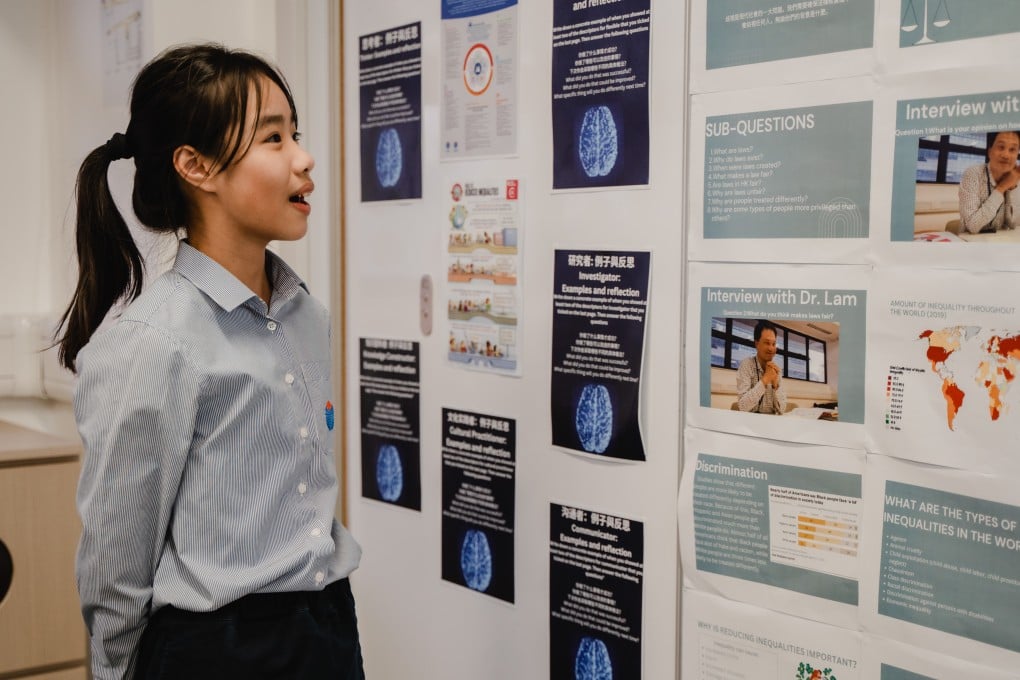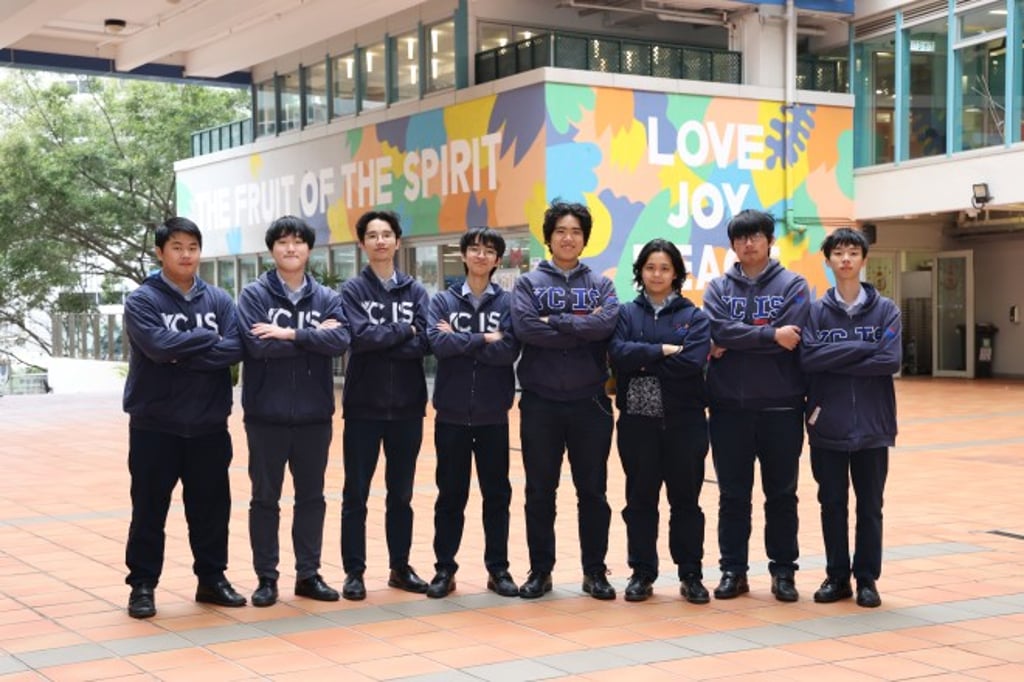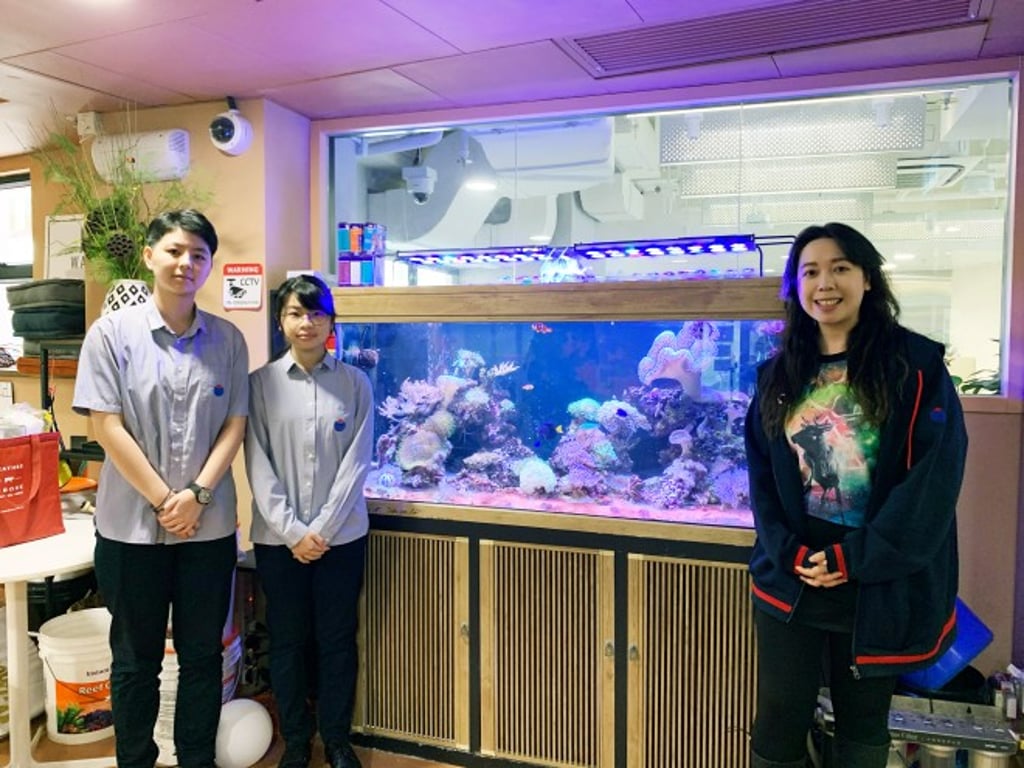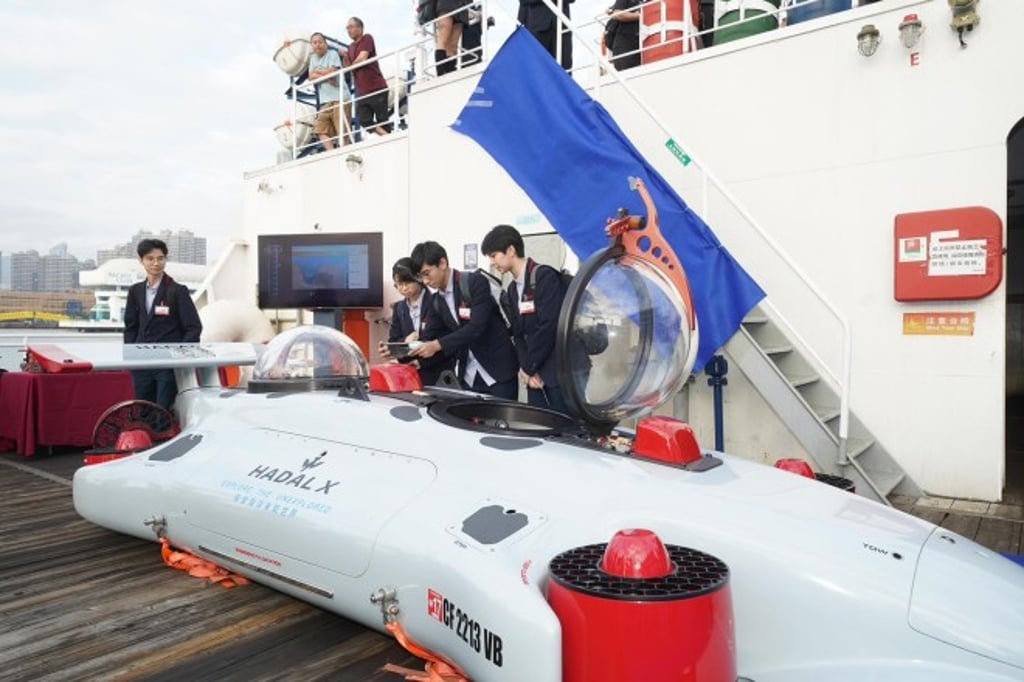An Epitome of Project-Based Learning: How YCIS students adopt it as an approach to life

[The content of this article has been produced by our advertising partner.]
Project-based Learning is a key element of the curriculum at Yew Chung International School of Hong Kong (YCIS), exposing students to in-depth knowledge exploration and character development. The approach encourages students to take the initiative to impact their school community and society.
This module was developed by the Curriculum and Professional Development Division (CPDD), a team of curriculum experts based in Hong Kong who draw from the best educational pedagogies, such as England, Australia, Singapore, America, and China to design the Yew Chung curriculum. It aims to ensure the provision of the best quality education in Hong Kong and on an international scale.
“We pay great attention to the connection between students’ learning content and current events in the world,” said Julia Korrt, Senior Curriculum Officer of CPDD.
She continued, “YCIS values relationships, so we implemented cross-year level project-based learning for the first time this school year, spanning Years 6 and 7. We proposed five United Nations Sustainable Development Goals (SDGs) to the students and asked them to select their area of interest. They work collaboratively on a problem driven by their interests. This was important for us to give ownership to the students to drive their learning.”

As the students progress in their academic journey, these student-led projects extend beyond theoretical frameworks. The Corallium project, led by Year 13 students Aowyn Lam Tung-kai, Hiroto Maekawa and Ruben Tam Yue-jing, is cultivating corals in tanks on campus with the ultimate aim of replanting them on reef systems in the seas around Hong Kong.
The main idea is to promote habitat conservation and preserve amazing species native to local waters. But with that also came a two-fold mission: to educate others about the role and importance of corals in the marine environment and to raise awareness about the destruction caused by pollution and the illegal trade supplying shops and collectors.

Seeing that as a long-term commitment, the YCIS seniors teamed up with local NGO Aquanauts, which has the necessary expertise to transfer tank-reared corals to a protected site off Big Wave Bay.
They also conducted a series of in-school presentations to spread their message to younger students and ensure the next generation would be ready to step up and take over.
These sessions highlighted the wondrous variety, complexity and fragility of coral colonies. But each talk also emphasised that, with due care, it is possible to restore and regenerate, bringing all kinds of knock-on benefits for potentially thousands of other forms of marine life.
“Corals are very sensitive to changes in the environment, so every day we monitor our two tanks for temperature, water quality, light, nitrites from fish, and any unwanted algae,” says Maekawa, noting that each tank is its own ecosystem. “Setting things up, we learned engineering skills and plumbing, and it should all work economically and reliably for at least five years.”

For project leaders Angel Lam Qi Hui from Year 13 and Sese Ho Sze-ching from Year 11, the first responsibility is to oversee the upkeep and maintenance of three aquariums – two salt water, the other fresh water – and ensuring proper care of the 30-odd fish now kept there.
The club has created its own website and social media presence to keep the broader community informed and prompt questions. This details marine habitats, lifespans, scientific names and local species.
“The project has been running for four years, and there is a lot of chemistry involved,” says Lam, referring to the need to monitor magnesium, phosphate and pH levels on a regular basis. “But students are in charge of everything. They organise, decide what to do, and get things moving.”

Students are offered various resources to acquire in-depth knowledge, network with industry professionals, and upskill themselves through the Super Curriculum programme. Last year, the school invited physicists from CERN, the European Organisation for Nuclear Research, to share particle physics applications in industry and future research.
Students also had the chance to visit the Shen Kuo Research Vessel, first docked in Hong Kong, and experience the grandeur of a research vessel within close proximity.
From Project-based learning to the Super Curriculum, students’ learning journey at YCIS is to equip them to become globally competent and responsible citizens. “The school environment allows students to discover their confident selves amidst uncertainty and their authentic selves in a boundless learning community. It is only when they find their true selves that they can genuinely face themselves and the world,” Mrs Huang expressed her appreciation for the school’s approach.
Email: [email protected]
Tel: +852 2338 7106
Learn more: https://www.ycis-hk.com/